Fem la Nostra Festa
Free party-based appropriations and collaborative phygital cartographies as a strudy of the opportunitities for intervention in the Primer de Maig district, Granollers
Part of the research project:
Civic Placemaking III: design, public space and social cohesion.
In the last iteration of Civic Placemaking, CP3, the project conceived, organized and implemented the collaborative initiative Fem la Nostra Festa (Let’s celebrate together) which basically consisted in a one-day celebration with voluntary involvement of various intergenerational groups. This collective celebration was designed as a critical interventionist strategy to activate a context of spontaneous shared experiences which breaks the ordinary logics of the place. The Fem la Nostra Festa action is conceived as a free exploration of the neighborhood by groups triggered by five types of missions in a game-based format. A kit of festive exploration, which consisted in various triggers like a portable bluetooth speaker, a picnic mat, a confetti rocket, a ball, a deck of cards, a croissant/sandwich and a bottle of cava/juice, is given out to all the participants. The kit also includes 5 missions that impulse actions such as dancing, making a toast, snacking, playing and chatting.
The festive experience accelerates the relations between the common spaces of the neighbourhood and its inhabitants and opens up temporary, situated practices where a new imaginary about the urban habitat is implemented. For this reason, it becomes an important research and recognition strategy—to identify and detect specific places and formats of socio-urbanistic activation and to articulate new spaces of opportunity. In this sense, a research team of physicists and data analysist from the OpenSystems research group at the University of Barcelona collaborated to develop a real-time tracking system and to study the specificities of this festive mobility using the GPS navigation application Wikiloc, which allows recording the routes taken from the mobile devices of the participants in a totally anonymous way. Like this, a horizontal research process is generated between direct citizen action and science of complex systems. This research model, which can be framed within the concept of citizen science, allows high precision in the collection of data and at the same time generates recognition algorithms with the ability to extract behaviours and places of opportunity that can leverage future intervention strategies.

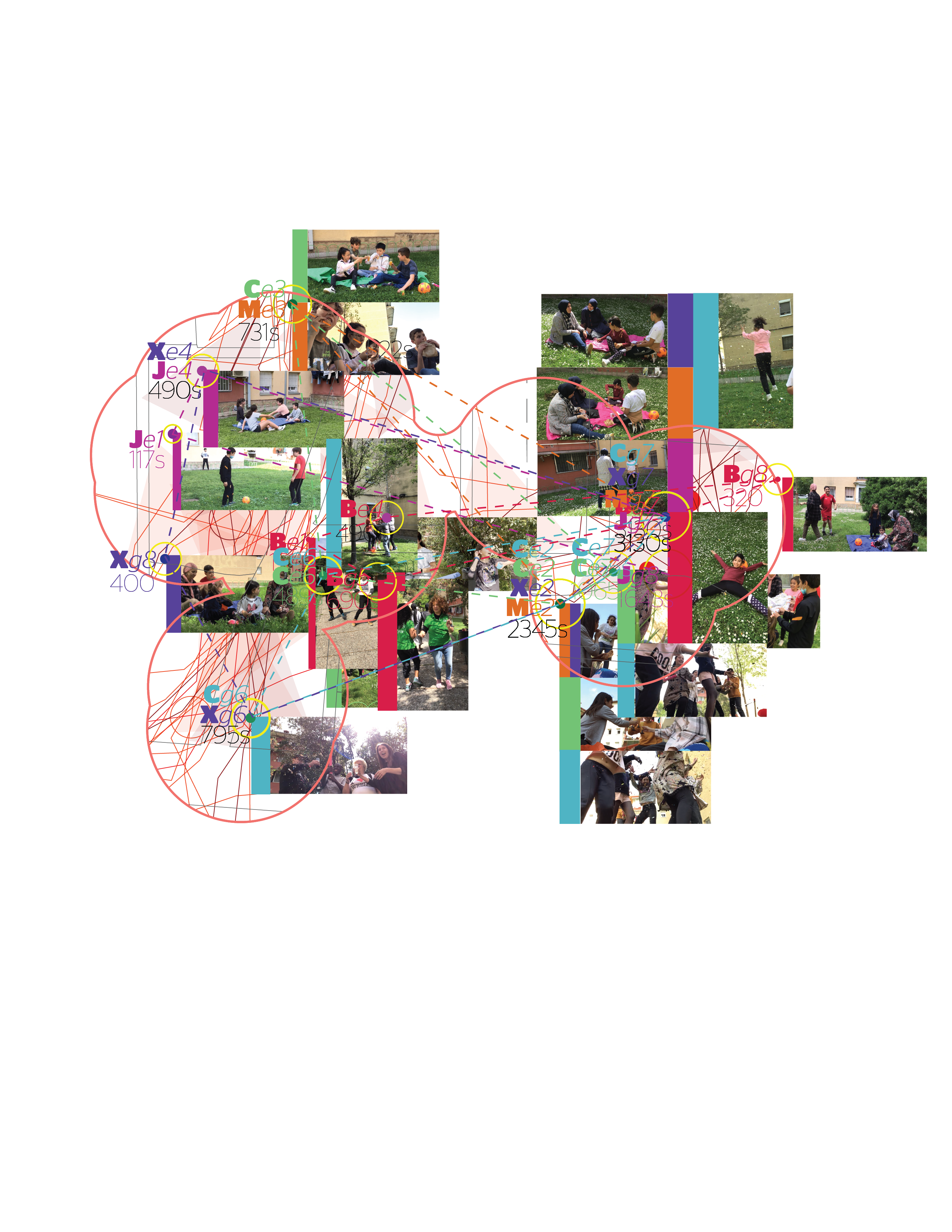
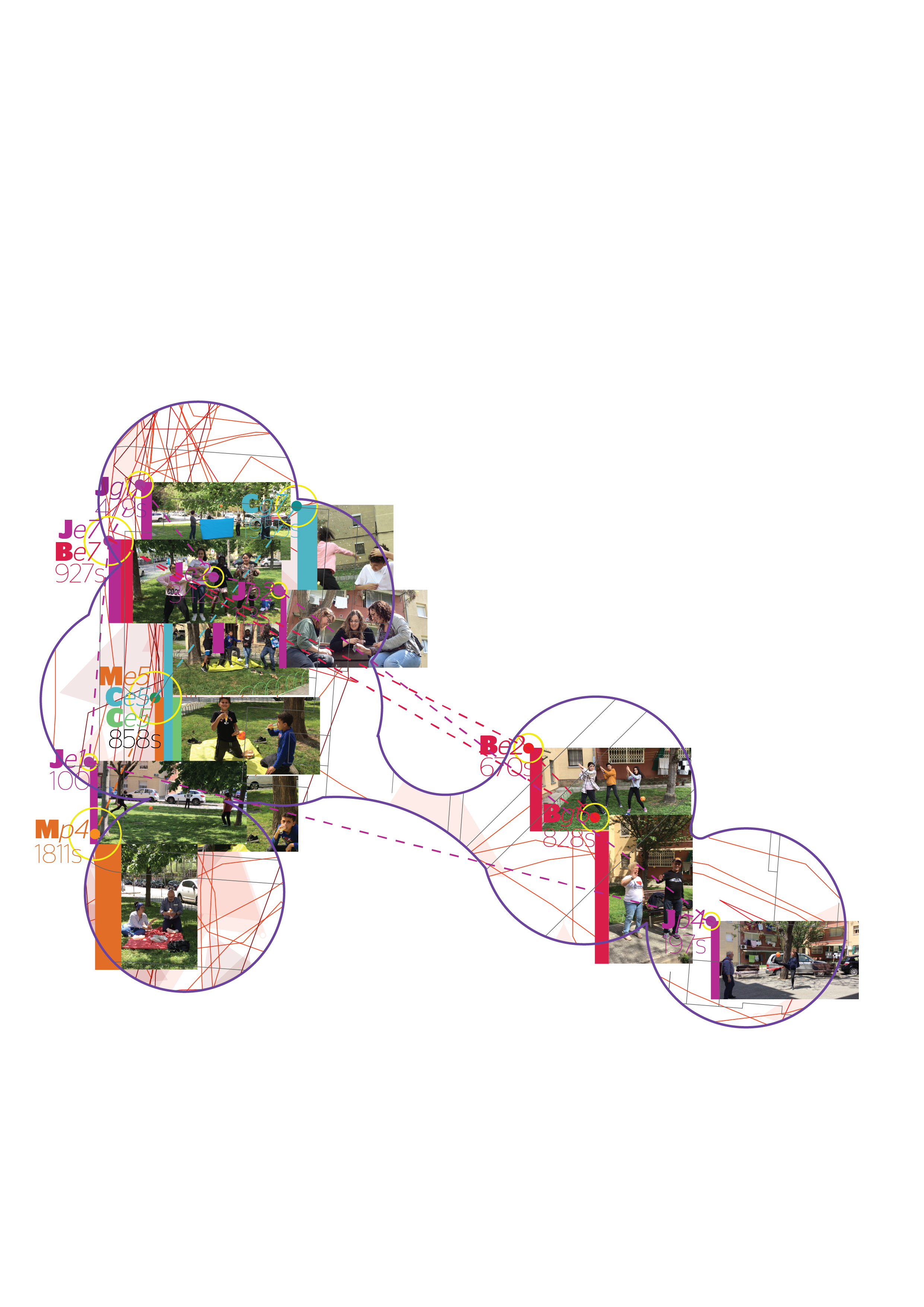
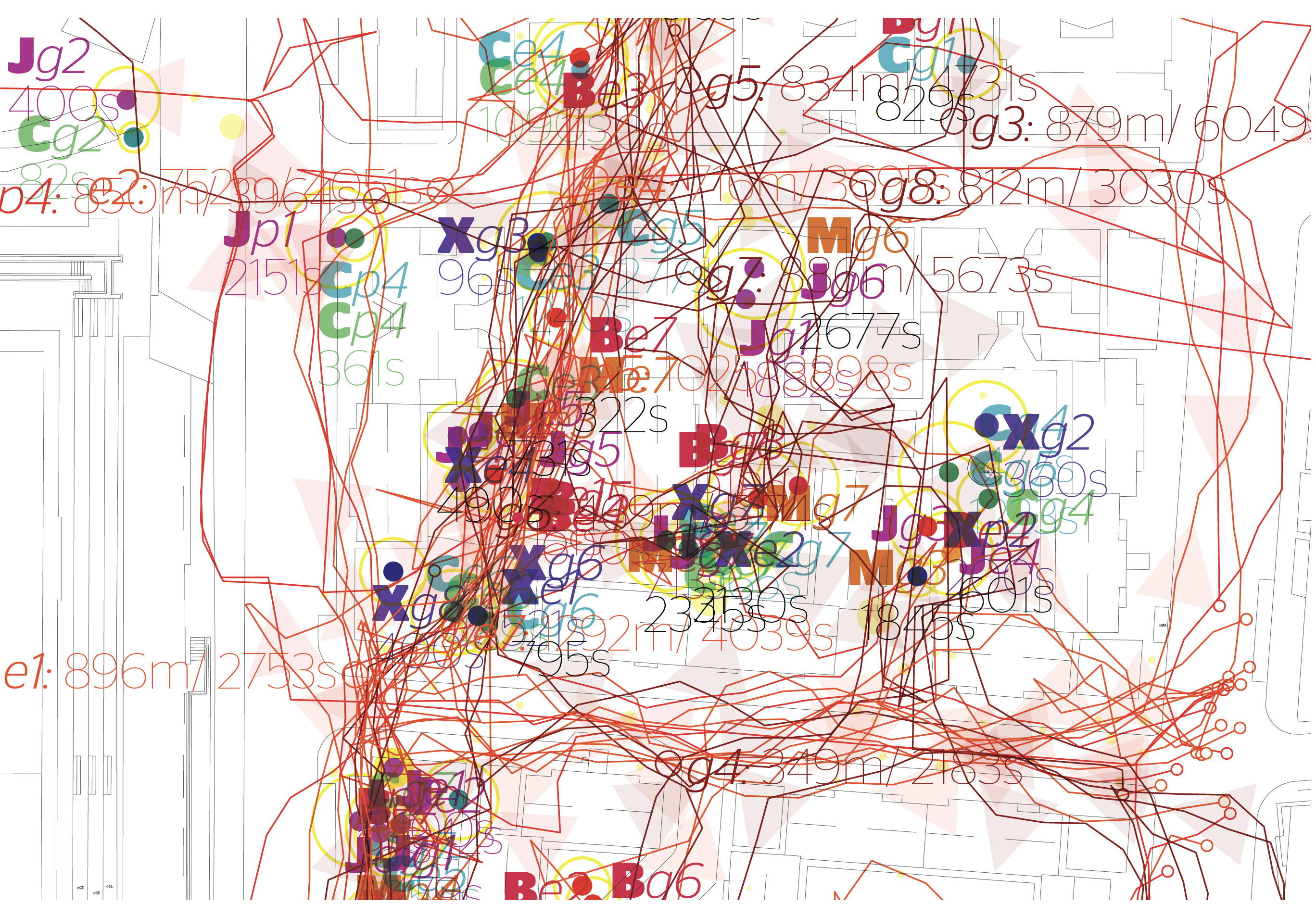
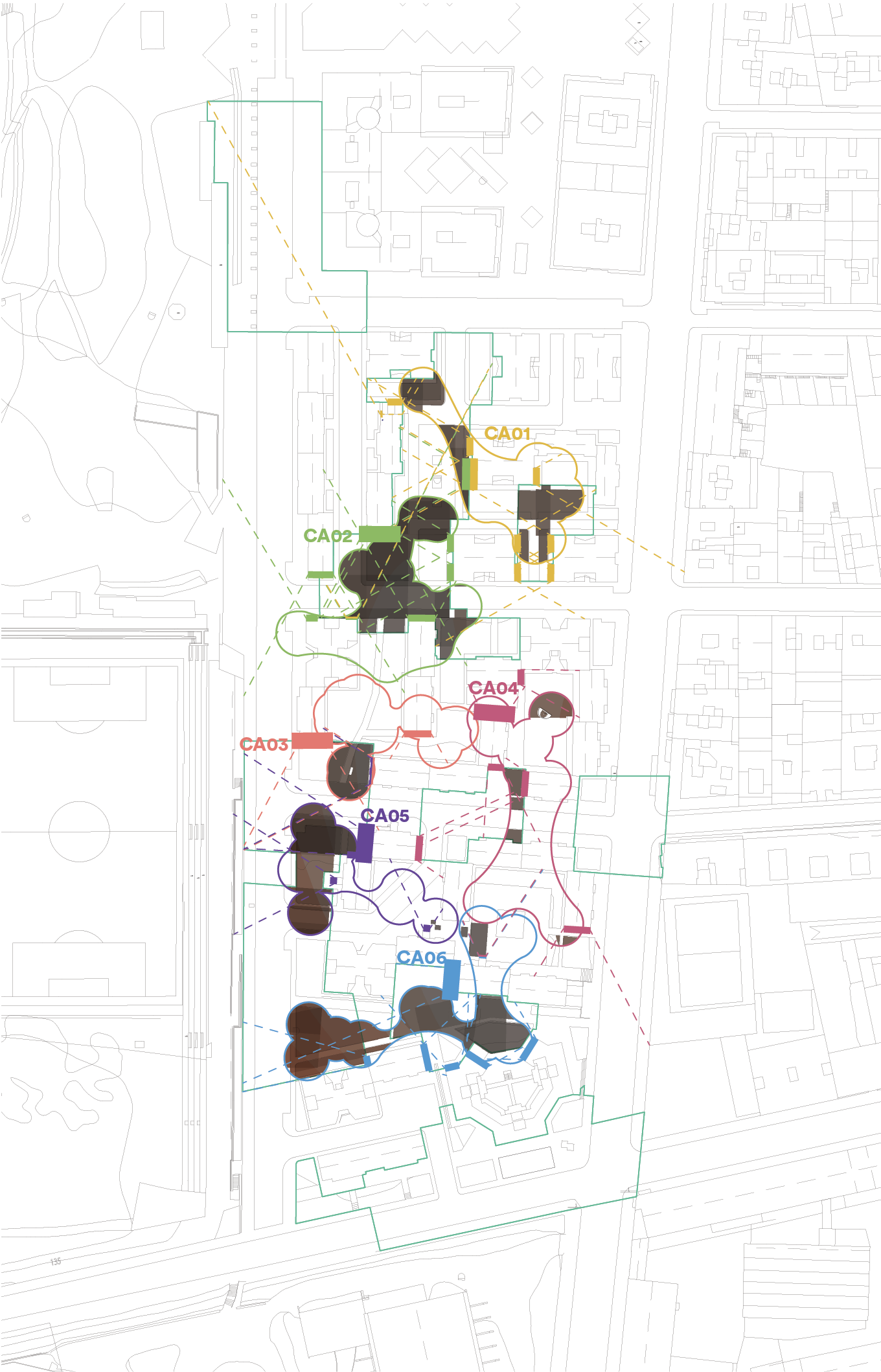
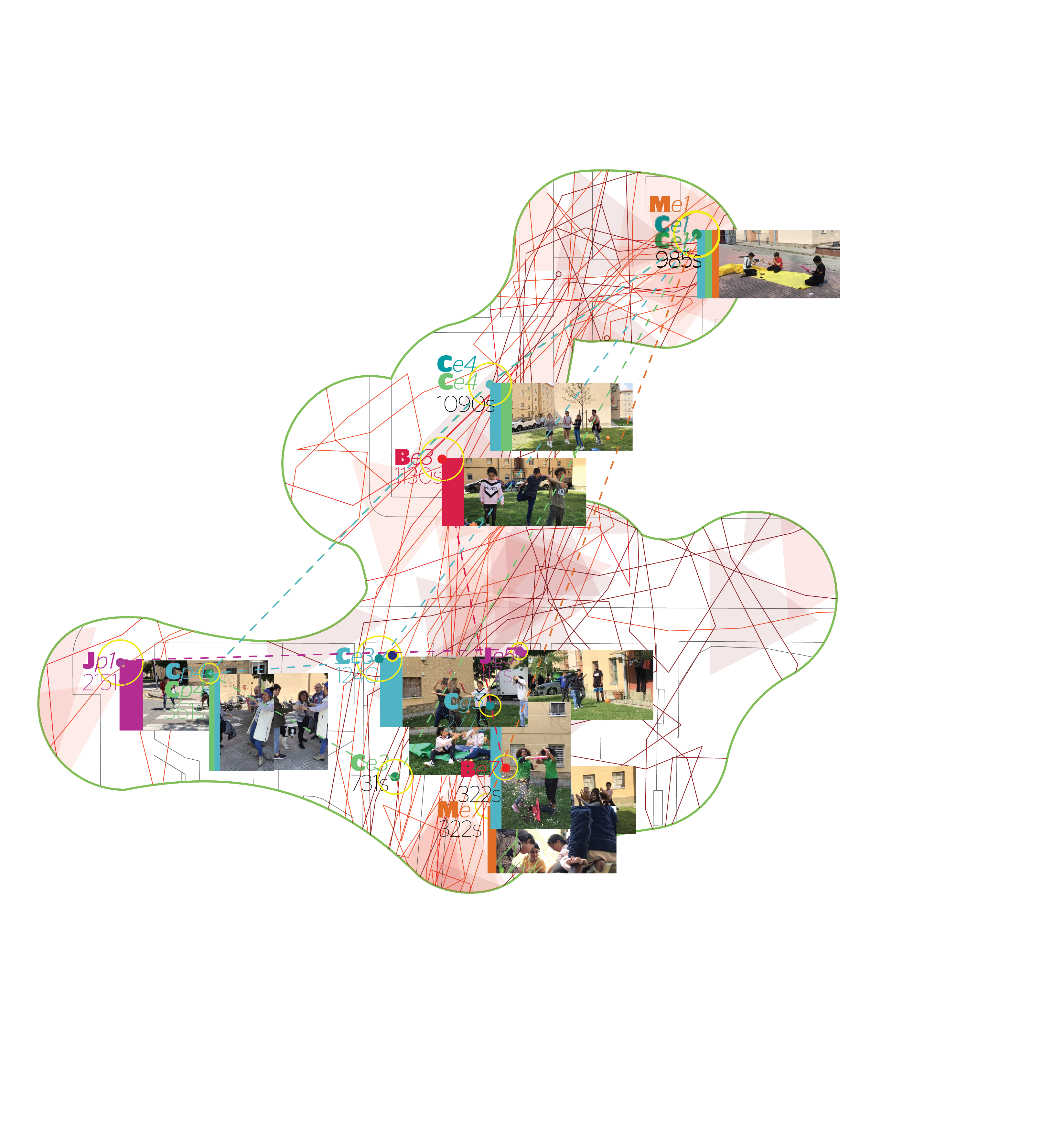
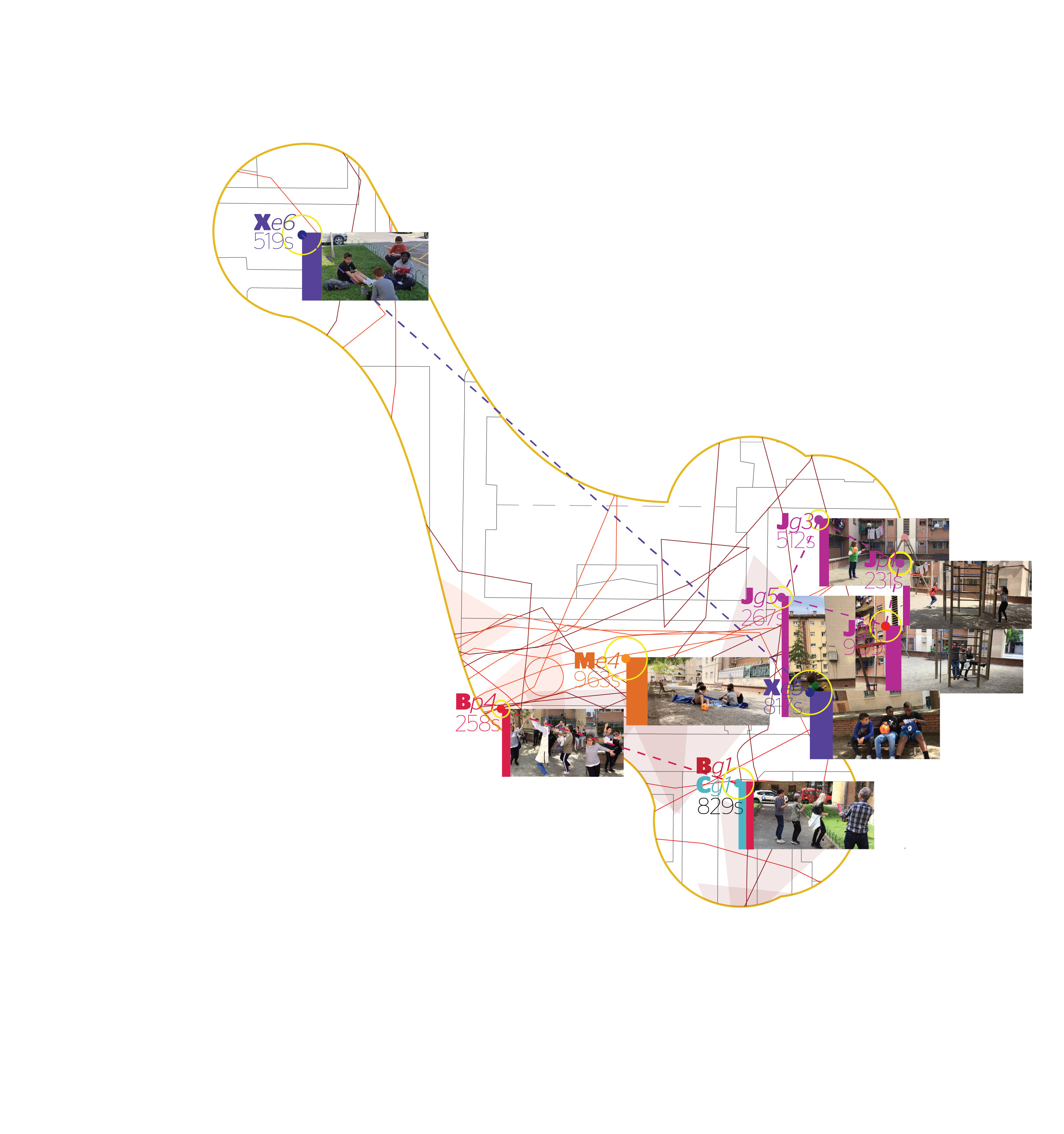
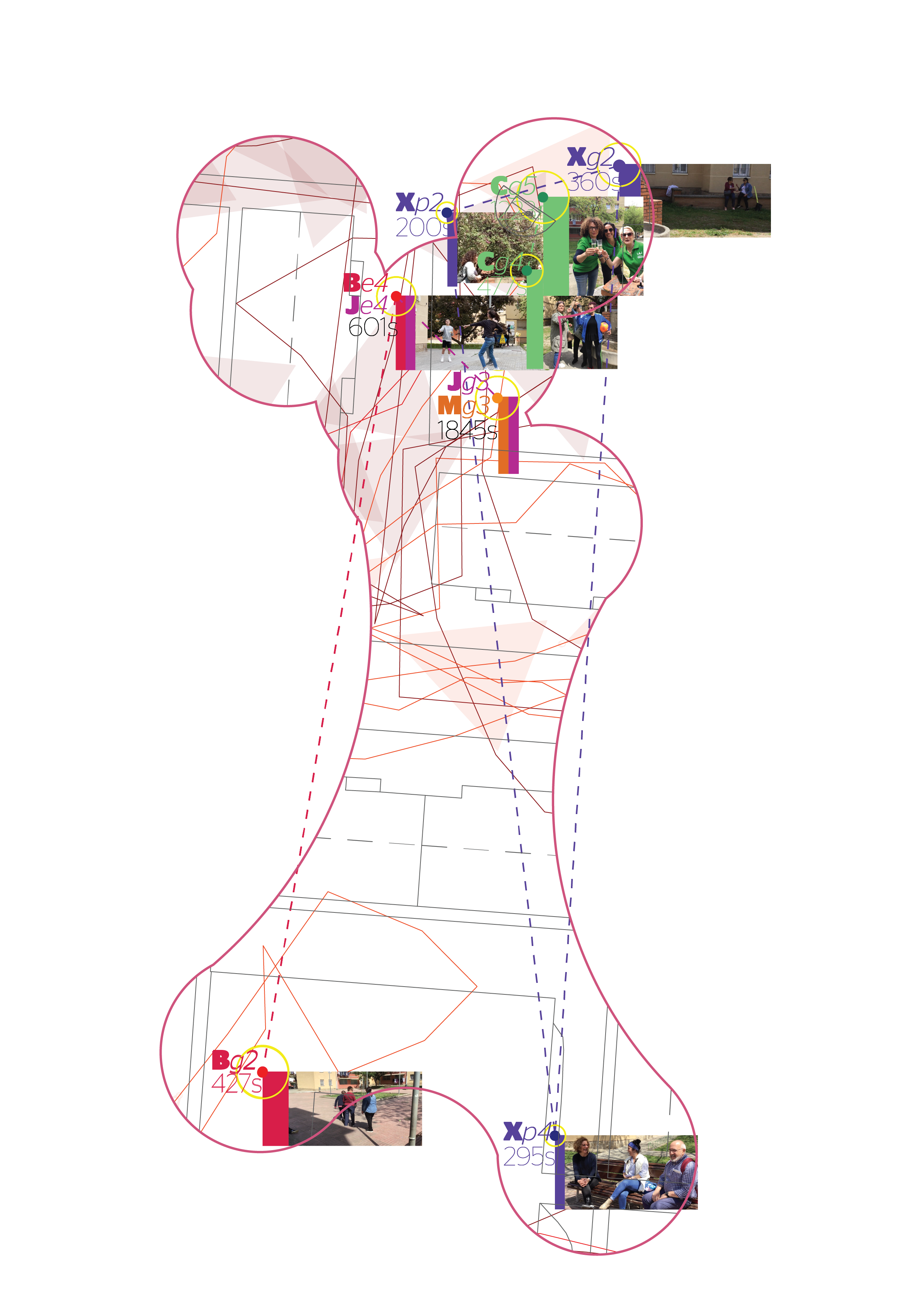
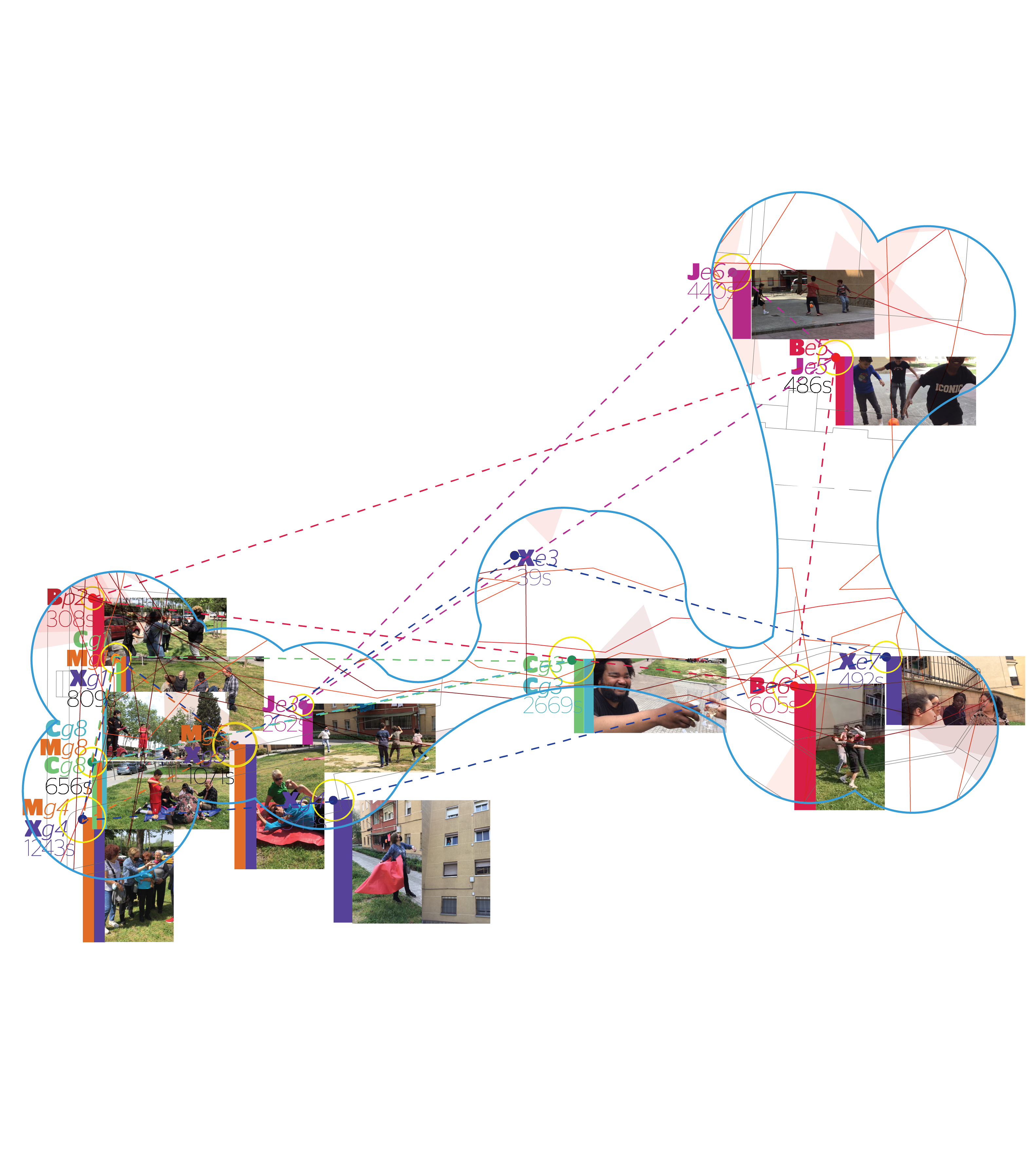
Research team: Roger Paez, Manuela Valtchanova (ELISAVA Research) & Josep Perelló, Ferran Laroya (OpenSystems, UB)
Partners: Fundació Bancària “la Caixa”, Ajuntament de Granollers, Associació de Veïns Sota el Camí Ral, Espai Actiu per la Gent Gran, Escola Ferrer i Guràrdia